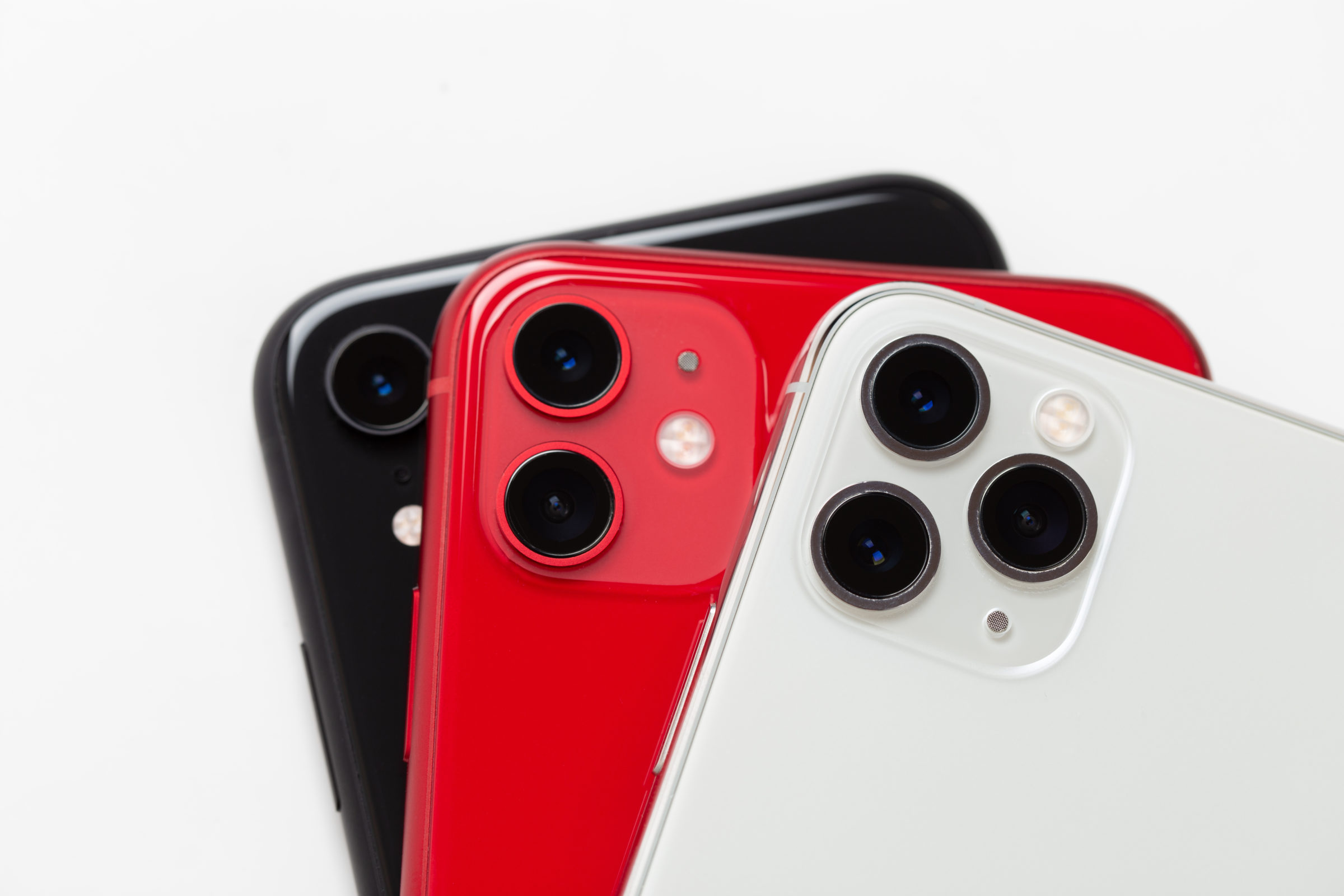Wealth & Poverty Review Apple Created $103 Trillion in Consumer Value
We know the price of an iPhone, but vastly underestimate the value it creates for humanity. Originally published at SubstackYale University economist and co-winner of the 2018 Nobel Prize in Economics, William Nordhaus, estimated that producers capture around 2.2 percent of the benefits of technological advances. That would leave 97.8 percent of those benefits to the consumers of those products. As George Mason University economist Don Boudreaux noted, entrepreneurs make a pie and divide it into 45 equal slices and then give 44 of those slices to their consumers. That’s quite the benefit for consumers who have done none of the work or taken any of the risk to create these products.
Apple introduced the iPhone on January 9, 2007. Since then it has sold around two billion iPhones and has over one billion active users today. Apple is now worth around $2.33 trillion dollars. If the stock price is the present value of all future benefits and the Nordhaus 2.2 percent ratio applies to Apple, consumers are enjoying $103 trillion dollars in value benefits. Thank you Steve Jobs.
$103 trillion dollars divided by 7.8 billion people makes every person on the planet over $13,000 richer because of Apple’s innovations. This number may seem exorbitant, but what would you have to be paid to give up your iPhone for the rest of your life? When I ask my students this question, none would be willing to do so for less than $5 million. So maybe $13,000 is too low.
We know the price of an iPhone, but maybe we’re not really measuring the value it is creating for everyone on our planet. When we pay $799 for something that we value for $5 million we enjoy tremendous consumer surplus. A billion iPhones that are worth $5 million to each owner is $5 quadrillion dollars in consumer value. So why doesn’t Apple charge more? Competition in capitalist economies keep prices low and allow consumers to enjoy all of these benefits.
There is a reason the iPhone was created in the U.S. and not Venezuela or Cuba. As Professor Boudreaux further notes, “those who today call for socialism to replace capitalism are ignorant not only of socialism’s well-documented history of failure and tyranny, but also of the enormous benefits that capitalism inspires in creative entrepreneurs to deliver daily, and with disproportionate generosity, to the masses.” We might believe Alexandria Ocasio-Cortez is serious about socialism when she gives up her iPhone.
Steve Jobs’ biological father was Syrian. Image our world if Steve Jobs had grown up in Syria instead of Silicon Valley? Better question: How many Steve Jobs are in Syria today? Now imagine our world if everyone had the freedom and opportunity to achieve their potential and create value for the planet like Steve Jobs has done for all of us.

